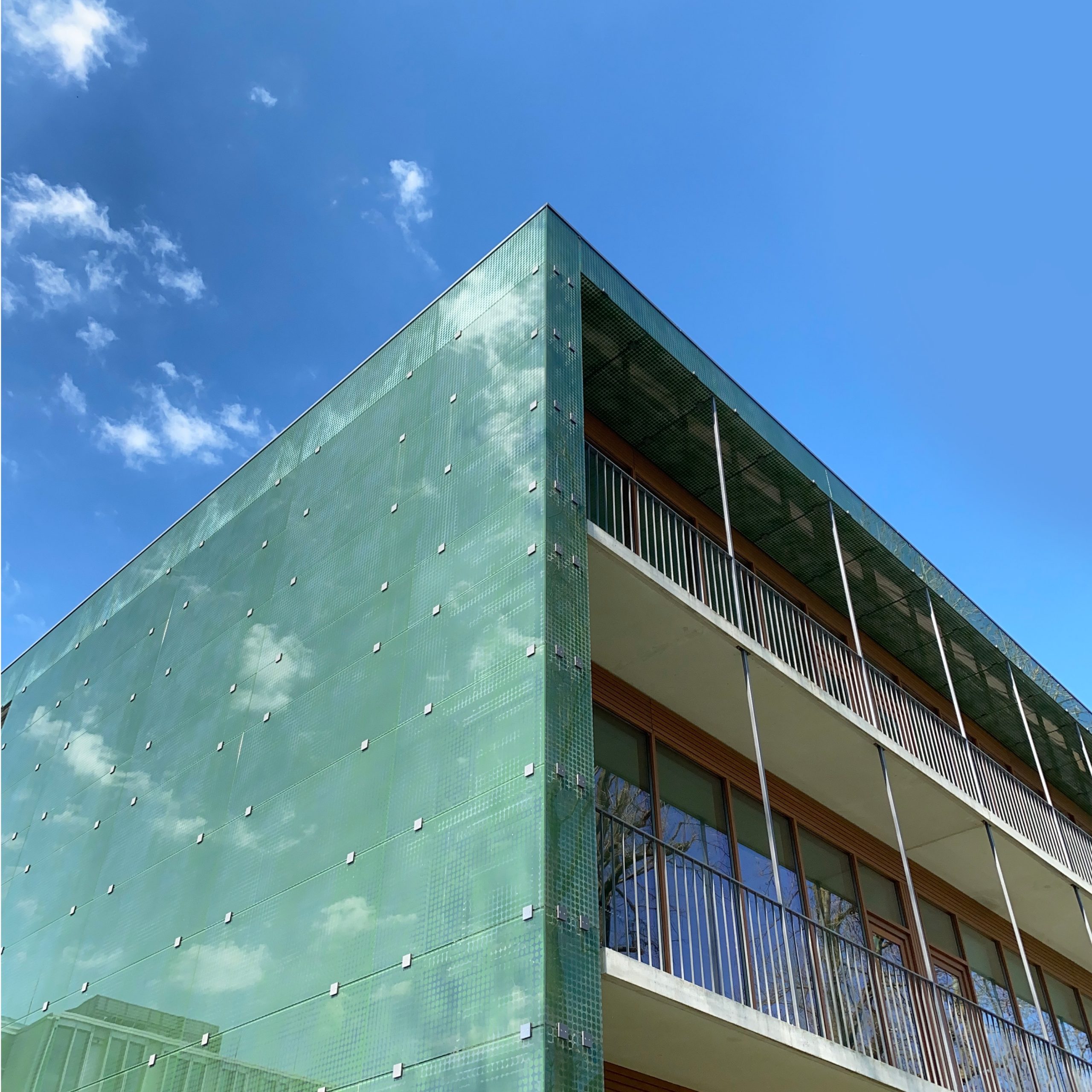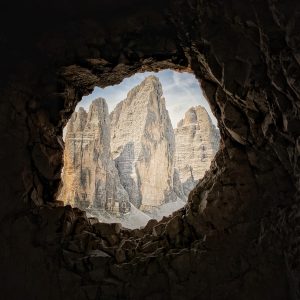 The Community Scholars Program
The Community Scholars Program
Launched by Simon Fraser University library in January of 2016, the Community Scholars Program is a no-fee gateway for staff at non-profit organizations (a.k.a. community scholars) to access research publications. The program has grown to seven publishers and 500 users. The Community Scholars Program plays an important role in democratizing access to research findings and promoting considered research relationships.
The Community Scholars subproject will use information from sign-up surveys and telephone interviews to examine the needs and anticipated uses of the research by community scholars, attempting to identify and remove obstacles for users. We will implement online or in-person support where needed, and may make recommendations to producers and aggregators of published scholarship as necessary.
 The Downtown Eastside (DTES) Research Access Portal
The Downtown Eastside (DTES) Research Access Portal
The Downtown Eastside Research Access Portal, formerly the InfoHub, is a public, online portal designed to improve access to academic research related to the Downtown Eastside, as well as to community-generated research and reports. The portal provides access to:
- Academic research about the DTES that you can read freely
- Links to academic research about the DTES originally published in journals that require a subscription (that the DTES RAP team may be able to help you access)
- Community-generated research and materials DTES organizations have identified as important for preserving, including project reports, newsletters, and other grey literature
- A directory of academic researchers who have or are doing studies in the DTES
- Information about current or recent research projects happening in the DTES
- Resources for community-based research practices
The portal was developed as part of the Making Research Accessible initiative (MRAi), a UBC partnership between the UBC Learning Exchange and UBC Library’s Irving K. Barber Learning Centre, with input from the UBC Office of Community Engagement, the UBC Knowledge Exchange Unit, UBC’s iSchool, the Simon Fraser University Library, the Vancouver Public Library, and in consultation with community members and organizations.
STOREE support for the DTES RAP will focus on the ongoing evaluation and enhancement of the portal.
 The BC Centre on Substance Use Knowledge Translation Project
The BC Centre on Substance Use Knowledge Translation Project
The BC Centre on Substance Use (BCCSU) Knowledge Translation (KT) subproject is exploring BCCSU’s knowledge translation initiatives to identify best practices, the types of knowledge exchange activities taking place, and the capacity required in organizations to engage in meaningful KT work. We believe this will provide important insights about KT in community settings, and inform future work on creating and evaluating non-traditional research outputs, such as lay summaries, multimedia, and so on.
 Sharing Science
Sharing Science
This study examines how academic researchers understand and make use of novel and emerging genres and media of research communication. We are interested in the strengths and limitations of a wide range of scholarly communication genres and the extent to which these are used across disciplines and for diverse audiences.
In the initial phase of the project, which is exploratory, we are interviewing researchers in science and social science disciplines to map out the range of current communication practices within research communities.
The project is a collaboration between STOREE researchers and Dr. Isto Huvila, Professor in information studies at the Department of ALM (Archival Studies, Library and Information Studies and Museums and Cultural Heritage Studies) at Uppsala University in Sweden, and a recent visiting scholar at the UBC School of Information.
 The Evolving Roles of Information Intermediaries: Information professionals at the centre of community-oriented knowledge work
The Evolving Roles of Information Intermediaries: Information professionals at the centre of community-oriented knowledge work
Information professionals exhibit knowledge exchange (KE) competencies related to information access, organization, preservation and dissemination. They are well positioned to support researchers in the development and use of context-appropriate, equitable and diverse KE strategies and media; working with different communities; and securely storing, preserving and sharing research. They also bring attention to the value of KE within their respective geographical, professional and academic communities. Through interviews with information professionals, this project sought to better understand the roles of information professionals in KE, as well as their reflections on what competencies are needed to conduct meaningful KE work and what supports are needed to further KE agendas for this group.
Literature Reviews in a Non-Academic Context
We have observed that nonprofit (and other non-academic) organizations are engaged in conducting literature reviews. While guidance is widely available for academic literature reviews, this guidance doesn’t “fit” the context of non-academic literature reviewing. Specifically, nonprofit and other organizations conduct literature reviews in a context where they have different motivations, resources, processes, timelines, and outputs. In this project, we are doing a scan of scholarly, web-based, and grey literature to gather background on how literature reviews in non-academic contexts take place, to examine whether guidance for literature reviews in this context exists, to distill insights that may guide what kind of guidance could be appropriate. We expect outcomes from this project to take the shape of: an annotated bibliography and an open guide or toolkit to support this kind of research.
Art-based research
Art-based research (ABR) encompasses the use of methodological tools including literary (e.g., poetry), performative (e.g., dance), visual (e.g., painting), and audiovisual (e.g., film) genres, and is used by researchers in the humanities and natural, social, and health sciences. We propose that ABR has the potential for enaction with the Community Scholars Program (CSP) to provide an enriched perspective of co/participatory research and draw on the transformative capacity of ABR to expand ways of understanding. The use of ABR could serve to further expand what is considered “real” research and evaluation (and real researchers) by offering different definitions of rigor/validity and credibility/plausibility.
The goal of the project was to Investigate the potential of ABR as a means to conduct and share research in the context of the Community Scholars Program (CSP). This resulted in a literature review that has been submitted for publication.
Scholarly Communications Notebook
Drawing on the Downtown Eastside (DTES) Research Access Portal (RAP) as a case study and existing teaching materials, we developed an Open Education Resource (OER) module for graduate-level library and information science courses focused on knowledge exchange between academic researchers and community members. The OER module builds upon and integrates RAP-based learning resources and activities successfully piloted in seven LIS courses and opens these up to a broader audience.
The module focuses on three primary themes that are exemplified by the RAP:
- Principles and practices of community engagement for knowledge exchange
- Meaningful access to research for non-academic audiences
- Research ethics in historically marginalized underrepresented communities
The OER features a “core” lesson and three “mix and match” pathways with an accompanying Instructor Guide, slide deck, and master resource list. Multimedia materials (podcasts, academic articles, popular press pieces, videos) are used to support student learning, and all activities include instructions for in-person, online asynchronous and online synchronous delivery. The OER is included in the Scholarly Communication Notebook (supported by an IMLS grant) and uploaded locally to cIRcle.